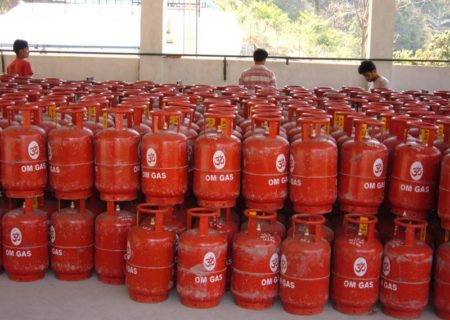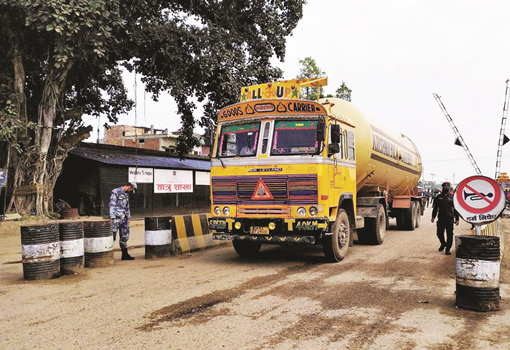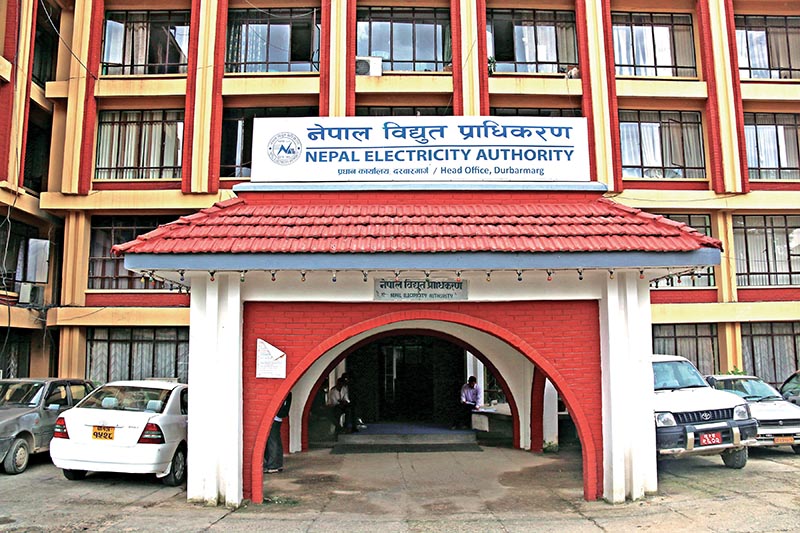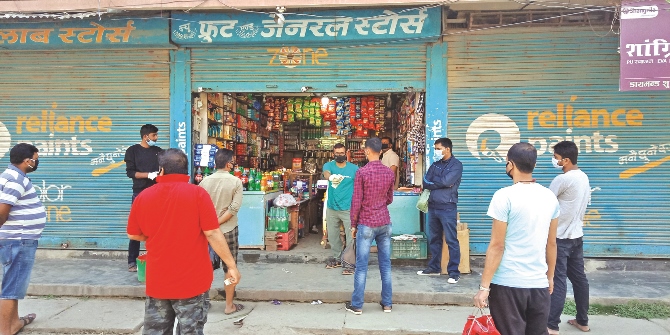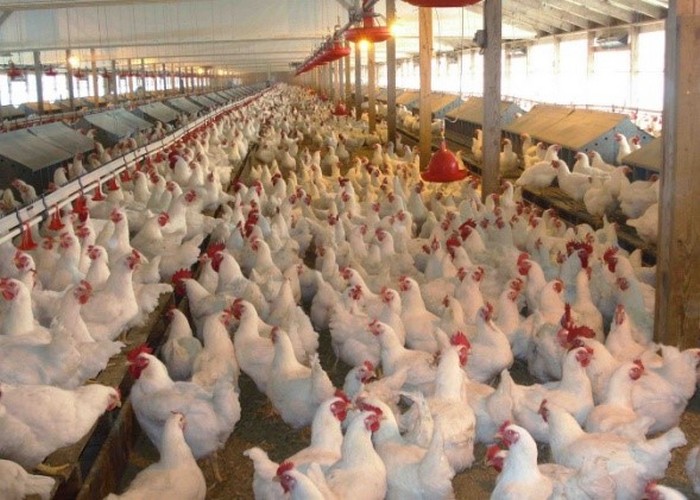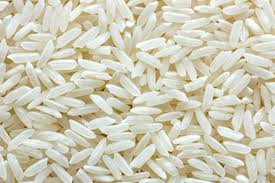Pesticide limit fixed in vegetables, fruits, tea
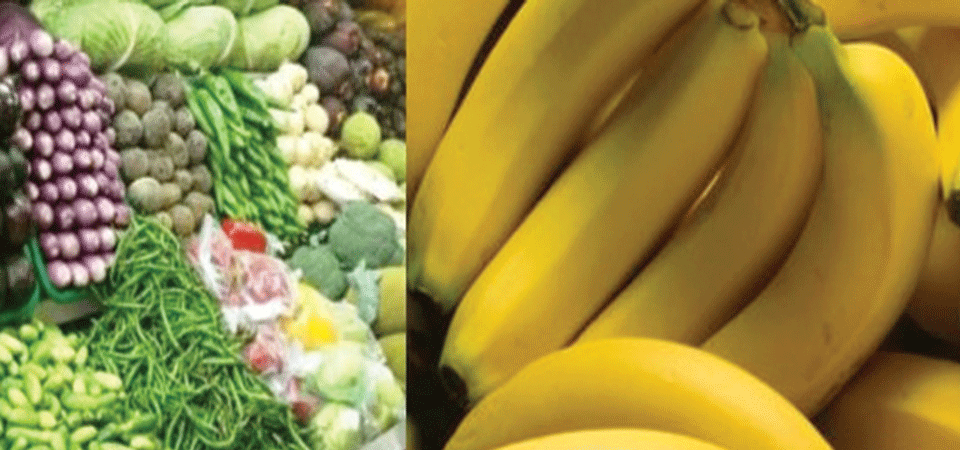
By Laxman Kafle
Kathmandu, Apr. 20: The government has, for the first time, set a maximum residual limit (MRL) of pesticide in 10 types of vegetables and fruits.
The Department of Food Technology and Quality Control (DFTQC) has fixed a maximum residue limit (MRL) for apple, banana, bitter gourd, brinjal, cabbage, cauliflower, okra, potato, tomato and tea.
“MRL has been prescribed for different 10 fruits and vegetables amid growing concerns about the increasing use of pesticides in vegetables and fruits,” said Mohan Krishna Maharjan, spokesperson of DFTQC.
Recently, a notice was published in Nepal Gazette after the quality determination order was approved by the Council of Ministers.
"Even though MRL has been determined in processed food, it is the first time that a limit has been fixed for fruits and vegetables," said Maharjan.
Earlier, quality standards were set for other food items but the maximum limit for pesticide residues in green vegetables and fruits was not fixed.
He said the new standard of MRL would cover both the imported and locally produced vegetables and fruits.
According to the new criteria, the maximum residue of 42 types of pesticides has been fixed in bananas, 27 in apples, 21 in brinjal, one in bitter gourd and 35 in cabbage.
Similarly, the maximum limit has been fixed at 71 kinds of pesticides for potato, 13 for cauliflower, three for okra, 74 for tomato and 19 for tea.
According to the department, the maximum residual limit of pesticide in apples has been fixed from 0.05 mg to 10 mg/per kg. Similarly, based on the type of pesticide in banana, 0.01 to 15 mg has been prescribed.
Similarly, MRL has been fixed for bitter gourd at 0.03. Maximum amount of 0.005 to 100 mg of pesticide has been fixed in cabbage based on the types of pesticides. Cauliflower is prescribed at 0.05 to 2 mg, okra at 0.01 to 200 mg and potato at 0.005 to 50 mg.
Similarly, only 0.01 to 75 mg of pesticide has been prescribed in tomato and 0.2 to 50 mg in tea.
Maharjan said that they have determined the MRL on fruits and vegetables within the internationally recognised codex standards for food quality.
He said that there was a problem in testing of pesticides of the domestic products and imported goods as the government did not have clear criteria on the maximum level of pesticides in vegetables and fruits.
But now with fixing the maximum limit of pesticides, the way has been paved for the department to take action against those using excessive pesticides, said Maharjan.
"In the case of fruits and vegetables, the department used to take action in accordance with international standards as there is no maximum standard of pesticide residues in Nepal,” he said."
He said, "Now that Nepal has its own law, vegetables and fruits can be imported and sold according to the same criteria."
According to the Food Act 2023, those who use more pesticides than the limit set by the government will be fined Rs. 50,000 or jailed for five years or both.
The quarantines at the border will test vegetables imported from neighbouring India to assess the quantity of pesticides.
Only one lab to test pesticides
“We have only one lab at the DFTQC office in Kathmandu to test pesticides by quantifying the use of pesticides in vegetables and fruits in the country. So, sample of suspected vegetables are brought here for testing,” he said.
However, pesticide testing labs are in seven places, including Kalimati of Kathmandu, Nawalpur, Nepalgunj, Butwal, Pokhara, Birtamod and Dhangadhi which only conduct screening of the pesticides.
He said that the government should upgrade the lab to test actual burden of pesticides in all provinces.
Recent News

Do not make expressions casting dout on election: EC
14 Apr, 2022
CM Bhatta says may New Year 2079 BS inspire positive thinking
14 Apr, 2022
Three new cases, 44 recoveries in 24 hours
14 Apr, 2022
689 climbers of 84 teams so far acquire permits for climbing various peaks this spring season
14 Apr, 2022
How the rising cost of living crisis is impacting Nepal
14 Apr, 2022
US military confirms an interstellar meteor collided with Earth
14 Apr, 2022
Valneva Covid vaccine approved for use in UK
14 Apr, 2022
Chair Prachanda highlights need of unity among Maoist, Communist forces
14 Apr, 2022
Ranbir Kapoor and Alia Bhatt: Bollywood toasts star couple on wedding
14 Apr, 2022
President Bhandari confers decorations (Photo Feature)
14 Apr, 2022



